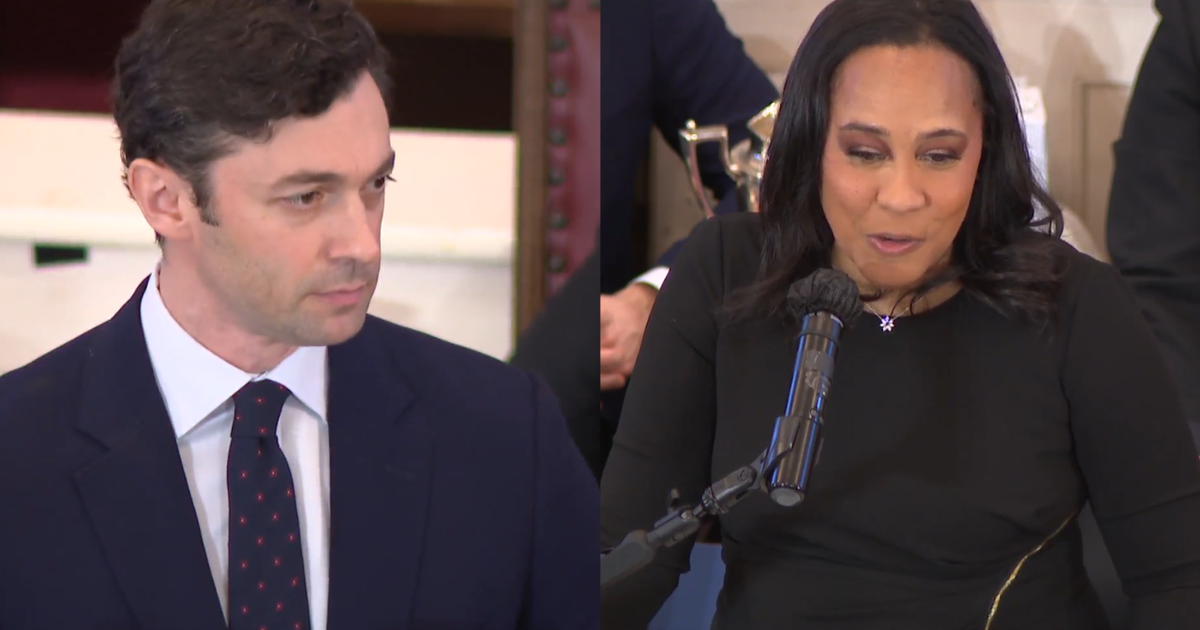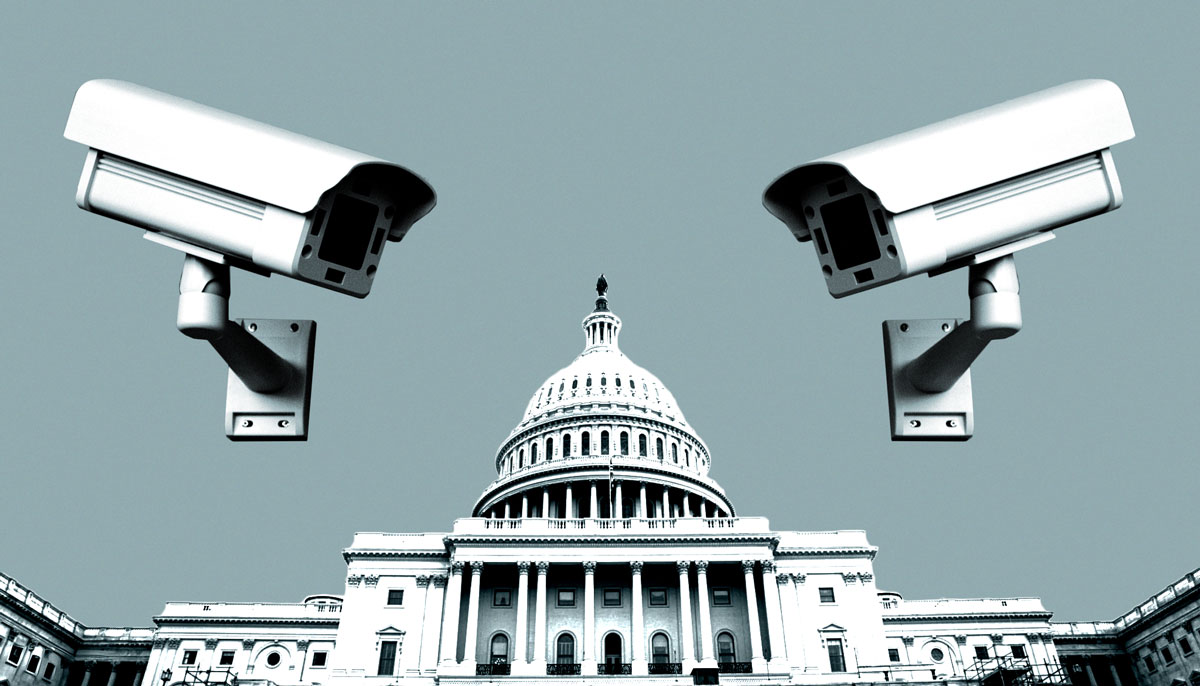CBS News poll: Is social media making things easier or harder?
Social media has been in the spotlight these days, drawing questions about its role on January 6, and in politics more widely. Most Americans, from their perspective, report a mix of effects: they call it at once an informative source of news, saying it gives them a voice, but also that it makes it harder to sort what's true from what's not. Many use it to connect with others and open dialogues — including with political opponents.
But we also see evidence that suggests it may give oxygen to the political divisions in society, because those who report posting or commenting about politics online are a little more ideological and less open to compromise, even as they believe their views are in the majority.
Most Americans think social media and online platforms make it harder for people to figure out what is true and what is false, a criticism that is shared by majorities of Democrats, Republicans, and independents alike.
Nevertheless, half say social media makes it easier to have a voice to express their views (just one in five say it makes it harder), and a quarter say posting or commenting online is one of their preferred ways of affecting political outcomes. Most who do so say social media makes it easier for them to belong to a community, find people they agree with, and find out things not in the mainstream media. Half say it is easier to find views other than their own.
Those who report that they post and comment about politics online as a way of trying to affect politics report being a bit less open to compromise, as a general rule, than Americans overall. They're also a bit more ideological within their parties than those who don't (Democrats who post online are, tend to be a little more toward liberal and very liberal, and Republicans a shade more toward very conservative and conservative), suggesting a larger phenomenon that when people do encounter an argument of the opposition online, they may be more likely encountering a more ideological version of it — or at least getting it from a source who is. Only about a quarter in this posting and commenting group identify as moderates, which is fewer than in the general population who do.
Republicans who comment and post online are also more likely than other Republicans to say their own side shouldn't compromise with political opponents.
Perhaps what gives them a little impetus — or else perhaps a feedback loop — those who post or comment about politics online are also more likely to think their views align with the majority of Americans on most issues. And this is true of both Democrats and Republicans.
But, those who report that they share political opinions online don't seem to feel they are isolated into so-called "filter bubbles". Most say they have political discussions with people who have different political views at least sometimes. That's higher than the rate for Americans overall, most of whom do not.
Then again, only a quarter would characterize these conversations as "pleasant".
This CBS News/YouGov survey was conducted with a nationally representative sample of 2,092 U.S. adult residents interviewed between December 14-21, 2021. The sample was weighted according to gender, age, race, and education based on the U.S. Census American Community Survey and Current Population Survey, as well as 2020 presidential vote. The margin of error is ±2.6 points.








